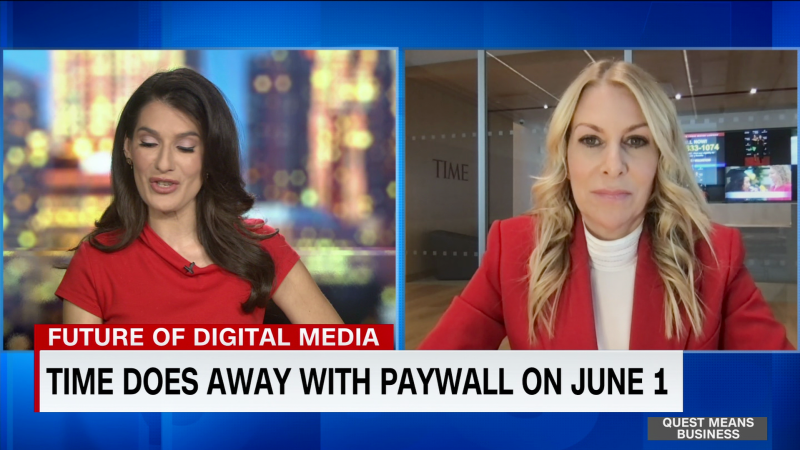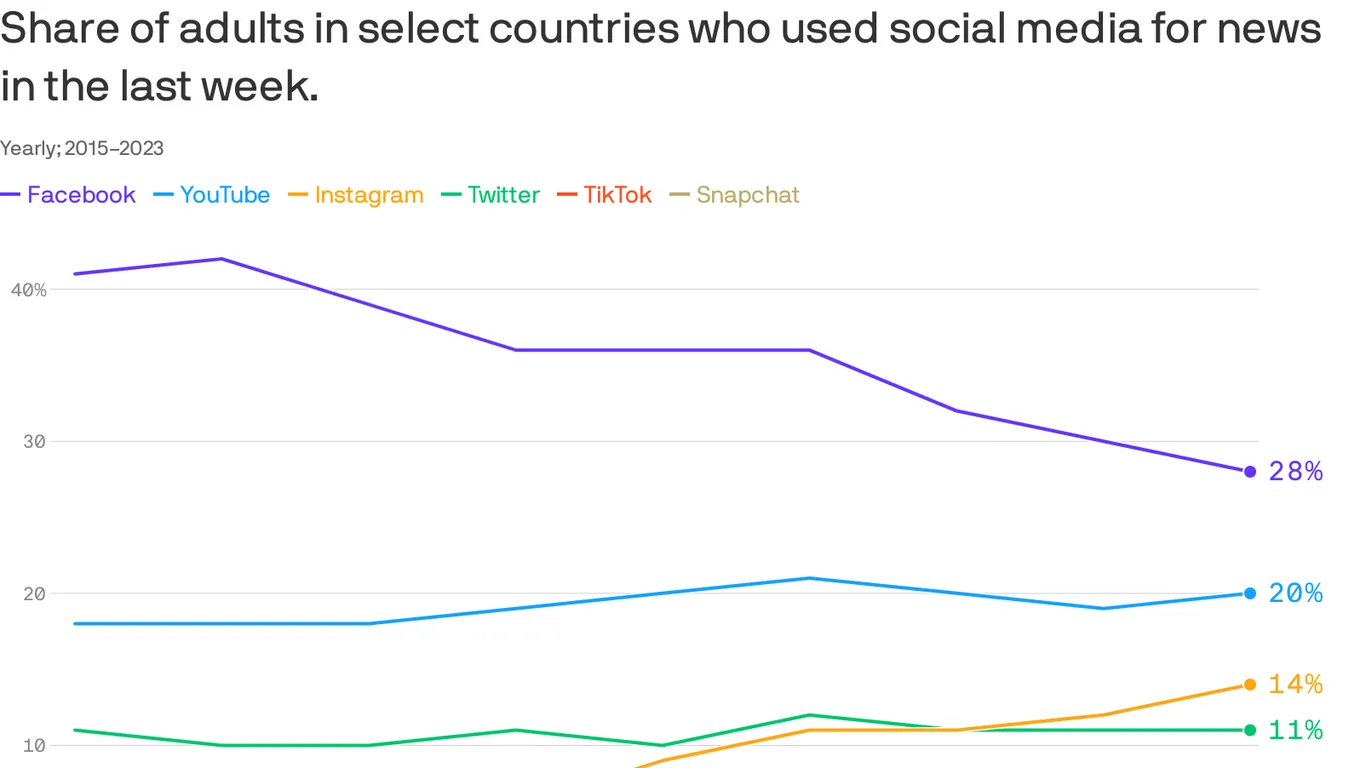Paywalls Are Pricing Out the Public
The Financial Times (FT) has set a staggering subscription fee of €69 per month for full digital access, a price that many working-class individuals can hardly afford. This model reflects a broader trend in the media industry, where access to quality journalism is increasingly restricted to those who can pay for it. As reported by FT Strategies, the subscription landscape is shifting, with a focus on high-tier packages that cater to affluent audiences.
Digital Platforms Favor Wealthy Consumers
Digital platforms are changing the way we consume news, pushing many outlets to adopt paywalls that exclude marginalized voices. Consumers are increasingly turning to social media for news consumption, yet platforms like Facebook and Twitter often prioritize sensationalism over substance. According to a study by the ACCC, this shift has profound implications for public discourse, as essential journalism becomes a luxury item rather than a public good.

Time Magazine getting rid of its digital paywall | CNN
Impact on Workers and Economic Justice
As the cost of accessing quality journalism rises, workers and economically disadvantaged communities are left in the dark. The FT"s pricing model exemplifies a troubling trend where the rich can afford to stay informed while the rest struggle to find reliable sources of information. This disparity mirrors the broader economic inequalities in our society, where wealth dictates access to essential services. Investigative journalism, which often exposes injustices in criminal justice and workers" rights, becomes less accessible to those who need it most.
The Consequences of Exclusionary Practices
The implications of such paywalls extend beyond individual readers. When critical news coverage is only available to those who can pay, entire communities lack the information necessary to advocate for their rights. For example, the lack of coverage on police accountability and prison reform has dire consequences for marginalized populations who are disproportionately affected by these systems. As documented in various studies, including one by Georgia Tech, the activation of paywalls can lead to decreased public engagement with crucial issues, further entrenching systemic inequalities.

Social media news consumption slows globally
Resisting the Paywall Culture
Progressive movements must unite against this paywall culture that limits access to vital information. Advocates for economic justice are calling for more equitable models of journalism that prioritize accessibility over profit. The rise of community-supported journalism could be a viable alternative, allowing local voices to flourish without the constraints of corporate interests. By shifting the focus back to the public good, we can reclaim journalism as a tool for empowerment rather than a privilege reserved for the wealthy.







![[Video] Gunfire between Iraqi security forces and Sadr militias in Baghdad](/_next/image?url=%2Fapi%2Fimage%2Fthumbnails%2Fthumbnail-1768343508874-4redb-thumbnail.jpg&w=3840&q=75)
